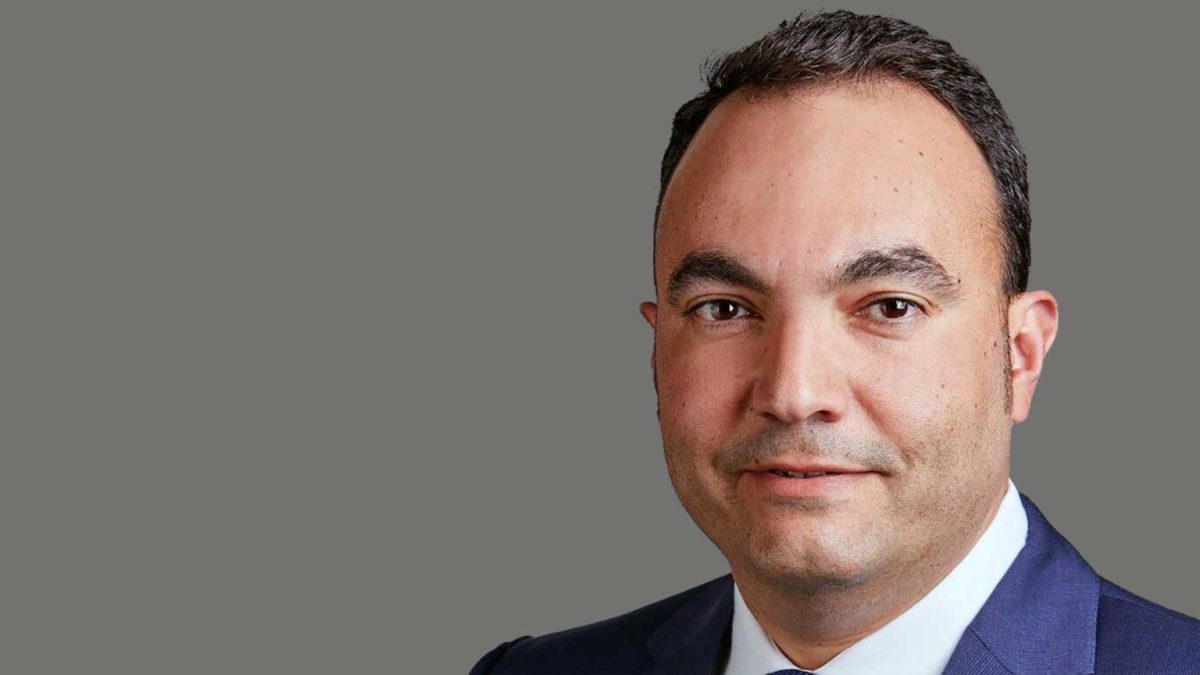Big funds poor report card on climate
The world’s largest state-owned funds have accelerated their allocations to renewables and lifted their targets for net-zero portfolios but, so far, their investments have been “miniscule”, according to the latest report by Global SWF.
In a special edition of its monthly newsletter coinciding with this month’s COP26 meeting, the institutional investment research firm calculates that sovereign wealth funds have a total of US$35.3 billion invested in renewable energy, through 105 deals, and public pension funds have US$40.6 billion through 94 deals.
Diego López, Global SWF chief executive, said that sovereign wealth funds (SWFs) were yet to show a proper commitment to net zero goals and that the risk of greenwashing persisted.
For instance, of the 153 SWFs in the world, as defined by Global SWF, only 33 have formally incorporated climate change and other ESG risk factors in their risk management frameworks. Only 12 are members of PRI and formally endorse the UN’s sustainable development goals (with six more acknowledging the goals).
Global SWF’s information on state-owned investors tends to be more up to date than other self-reporting-based researchers because, for instance, it collects deal announcements from press and public filings, on which the latest report is largely based.
By far the largest investor in renewables among the state-owned investment funds studied, is Mubadala’s US$20.2 billion. The fund, United Arab Emirates’ SWF, has an estimated US$243 billion under management.
The second and third-largest investors in renewables are Canadian funds – the Canadian Pension Plan, with US$7.3 billion invested in renewables and the Caisse de Depot et Placement of Quebec (CDPQ) with US$6.3 billion. However, the CDPQ says that its low-carbon asset portfolio will reach US$44 billion by 2025.
The report says the pace has been accelerating “remarkably” in the past seven years, with US$15 billion deployed so far in 2021, and these figures are expected to increase significantly in the near future as funds commit to ambitious green goals,
“In terms of regions, North America and Northern Europe continue to be the most popular destinations, thanks to a high level of opportunity and a positive regulatory environment, as well as the efforts of certain countries, such as the UK, around FDI.
“However, we expect the renewable energy industry to pick up in growth markets too, as SWFs push the domestic agenda,” the report says.
Global SWF says partnerships and co-investments between the big funds will be increasingly popular as the industry becomes hotter and sovereign investors seek to rely on external expertise to catch the green wave.
The Norges Bank Investment Management (NBIM), which currently has US$1.6 billion invested in renewables, says it plans to spend a further US$11.4 billion in over the next 14 months. The fund, sourced mainly from Norwegian oil and gas, has about US$1.38 trillion in assets under management.
For the Oceania region, only Australia’s QIC makes it into the study, with US$2.3 billion, beating the amounts invested in renewables by each of the four others from Asia Pacific – China’s CIC and NSSF and Singapore’s GIC and Temasek.
The report notes that the state-owned funds with the highest allocations to renewables compared with their size, such as Mubadala and PensionDanmark, have dedicated renewable investment programs. PensionDanmark has invested US$2.4 billion of its US$49.9 billion in assets under management in renewable energy.











